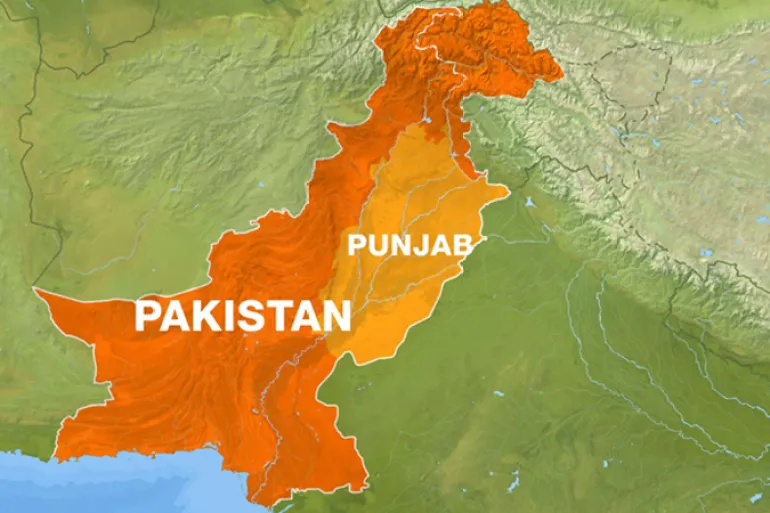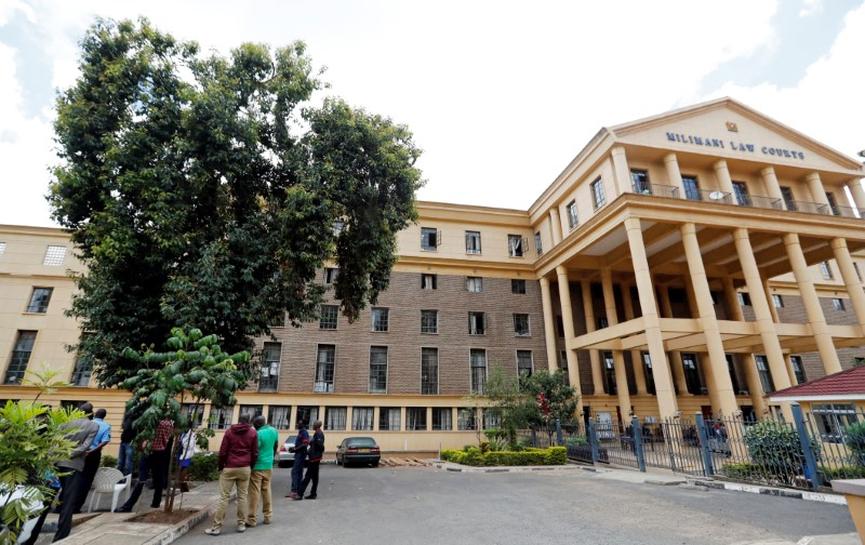‘He saw the writing on the wall’: FW de Klerk dies in Cape Town
![FW de Klerk [Reuters]](https://liberties.aljazeera.com/resources/uploads/2021/11/1636632961.jpg)
FW de Klerk [Reuters]
Former South African President FW de Klerk died today at the age of 85. He was South Africa’s last white apartheid President.
He died of mesothelioma cancer at his house in Fresnaye in Cape Town, South Africa.
De Klerk played a key role in South Africa’s transition from Apartheid to democracy which culminated in South Africa’s first democratic elections in 1994. He released anti-apartheid leader Nelson Mandela from prison in February 1990.
Political commentator and University of Johannesburg professor Stephen Friedman said to Al Jazeera: ‘I think he saw the writing on the wall. PW Botha and Ian Smith didn’t. He saw that change was inevitable and tried to get the best deal for white people that he could. He did not necessarily like the change but the fact that he was resigned to it made change easier.’
De Klerk succeeded PW Botha as leader of the National Party in 1989.
Speaking to Al Jazeera John Dugard, emeritus professor of law at Leiden University, said: ‘Recent history has produced two great political leaders: Mikhail Gorbachev and FW de Klerk. Both had the foresight and courage to change their countries’ direction when they must have known that this would be at great personal cost.’
Contested legacy
In 1993 De Klerk was awarded the Nobel Peace Prize jointly with Nelson Mandela. But his commitment to transition to democracy remains contested.
Speaking to Al Jazeera, William Gumede, Chairman of the Democracy Works foundation said: ‘FW de Klerk’s role in history is solidified by the fact that he ended formal Apartheid. It is really important that he unbanned the ANC and opposition parties – this was a contentious decision within the National Party. He will however also be remembered for the fact that he never fully acknowledging his complicity for Apartheid.’
De Klerk is survived by his wife Elita and his children Jan and Susan.
- Most Viewed
- Most Popular

















